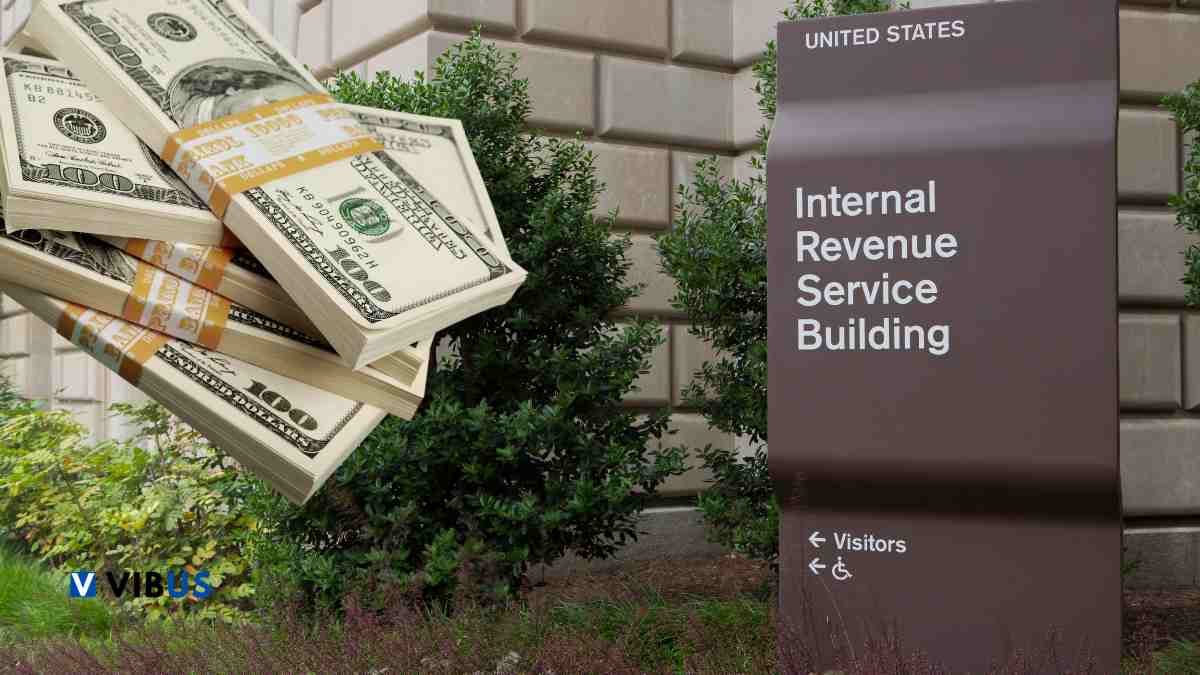Taxpayers in three U.S. states have just 10 days to file their IRS tax returns following extensions granted due to disaster declarations. If you live or own a business in Alaska, Maine, or Rhode Island, this information is crucial to meet your tax obligations on time.
This year, residents and businesses in certain areas of Alaska, Maine, and Rhode Island were not required to file their income tax returns by the national deadline of April 15.
Why does the IRS grant these extensions?
The reason is that these locations were designated as federal disaster areas after significant incidents, whether natural like severe storms or man-made like fires or terrorist attacks.
According to the IRS, taxpayers, both individuals and businesses, who have their address registered in a designated disaster area automatically receive more time to file their taxes. There is no need to request this extension; it is applied automatically.
What you need to know about the July 15 deadline
The next key date is July 15, which is the new deadline for taxpayers affected by disaster declarations in certain areas of the three states to file their tax returns. If you receive a penalty notice for late filing or payment from the IRS for a return, payment, or deposit that was originally due within the extension period, you should call the number on the notice to request that the IRS waive the penalty.
Which returns and payments are included in this deadline
Taxpayers should note that the returns and payments eligible for this July 15 extension include:
- Individual income tax returns and payments for 2023, which were normally due on April 15.
- Calendar year 2023 partnership and S corporation returns, which were normally due on March 15.
- Quarterly estimated tax payments, normally due on April 15 and June 17.
- Calendar year 2023 corporate and fiduciary income tax returns and payments, which were normally due on April 15.
- Calendar year 2023 returns filed by tax-exempt organizations, which were normally due on May 15.
More extended deadlines in other parts of the country
In addition to the extensions in Alaska, Maine, and Rhode Island, there are additional deadlines for other disaster-affected areas in the U.S. For example, residents and businesses in Bristol and Worcester counties in Massachusetts have an extended deadline until July 31.
Wildfire victims in Hawaii and Maui counties have until August 7 to file and pay their taxes.
Similarly, in Ohio, tornado victims in Auglaize, Crawford, Darke, Delaware, Hancock, Licking, Logan, Mercer, Miami, Richland, and Union counties have until September 3 to meet their tax obligations.
Need more time? How to request an additional extension
If you live in one of the counties designated as a disaster area and still need more time to file your taxes, you can request an additional extension by downloading IRS Form 4868, which is the Application for Automatic Extension of Time to File U.S. Individual Income Tax Return.
It’s important to note that this request can only be completed on paper, as electronic filing options are not available after the usual April deadline.
Advantages of direct deposit and what to do in case of delays
The simplest and fastest way to receive any IRS refund is through direct deposit. Providing your banking information to the IRS ensures that the money goes directly into your account, minimizing delays.
However, problems can arise depending on your bank’s processing times. If you have any concerns about these times, it is advisable to contact your bank for more information on their protocols.
For those who prefer to receive payments by regular mail, paper checks will be sent with the intention of arriving on the promised date. However, external factors such as weather or postal service routes can cause delays. If you do not receive your payment on the expected date, the IRS recommends waiting an additional three days before contacting them to account for possible mail delays.




